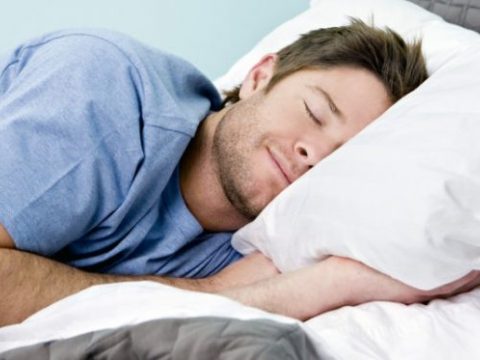How to overcome insomnia using essential oils?
Hard work, stress, problems in family life affect the nervous system, and, first of all, the quality of sleep. Sound, healthy sleep lasting 7-8 hours is the key to a good mood for the coming day. A night spent in painful thoughts and futile attempts to fall asleep cannot pass without leaving a trace on the body.
In the fight against insomnia, all means are good, and everyone chooses for themselves what suits them best.
For those people who are not inclined to take medications in cases where they are not vitally necessary, but at the same time suffer from insomnia, aromatherapy comes to the rescue.
Essential oils have long been used as an alternative therapy for sleep disorders. However, aromatherapy involves extensive research and recommendations, and essential oils contain complex compounds, so there are certain rules for their use.
Rules for using essential oils
- Essential oils affect everyone differently, so there’s no universal combination that works for all. Finding the right blend requires personal experimentation.
- If you dislike a blend, don’t tolerate it – good reviews don’t mean it suits you.
- Avoid testing new oils at night, as they might disrupt sleep instead of improving it.
- Stick to mixing 2-3 oils at a time, never more than 5.
- Never apply essential oils directly to the skin – always dilute with Carrier oils to avoid burns.
- Use oils sparingly—2-4 drops per session is enough.
- If you experience irritation or allergy symptoms like rash, watery eyes, or coughing, stop immediately, take anti-allergy medication, and ventilate the room.
- Essential oils are unsafe for children under 3, pregnant women, and people with severe nervous, respiratory, or mental health conditions, as well as those suffering from diseases of the respiratory system (chronic bronchitis or bronchial asthma).
- If oil gets into your eyes, don’t rinse with water—it won’t help. Use milk, yogurt, or vegetable oil instead.
Essential oils that will help you sleep better
Sleep disorders vary, and certain essential oils are more effective for each type.
- To unwind after a tough day, try Vanilla, Juniper, Ylang-Ylang, or Clary sage.
- Struggling to fall asleep? Citrus oils (tangerine, orange, lemon, grapefruit), Cypress, Cedar, Juniper, and Myrrh can help.
- If you fall asleep easily, but repeatedly wake up during the night and cannot fall asleep again, then use Frankincense, Lavender, Roman Chamomile, or Neroli.
- If you suffer from depression, include Bergamot in your blend.
Choosing the right oils can make a big difference in relaxation and sleep quality.
Note:
When it is hard for me to fall asleep, I use two essential oils: Spikenard and Vetiver.
 I drip 2 drops of each oil on a paper napkin and put it close to my pillow. It helps me really well.
I drip 2 drops of each oil on a paper napkin and put it close to my pillow. It helps me really well.Some authors state that Spikenard is probably the most powerful sedative in aromatherapy. It has a calming effect on the mind and it helps to soothe the deepest forms of anxiety. As for Vetiver its earthy quality will embrace, sustain and reestablish a balance between heart, body, and mind. Vetiver will help to stop the turmoil of unanswerable questions swirling in our mind, making us calm, grounded, and safe.
Some people do not like the smell of Vetiver; they consider it very earthy, even “dirty” smell. Then you may use Roman Chamomile or Lavender.
Good night!
